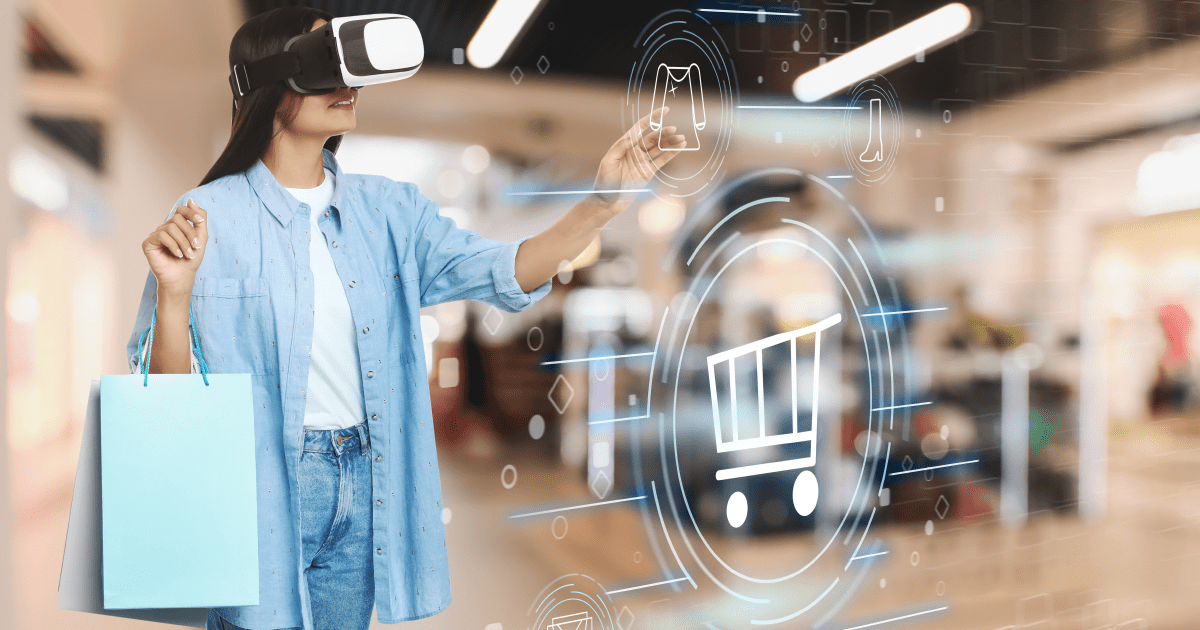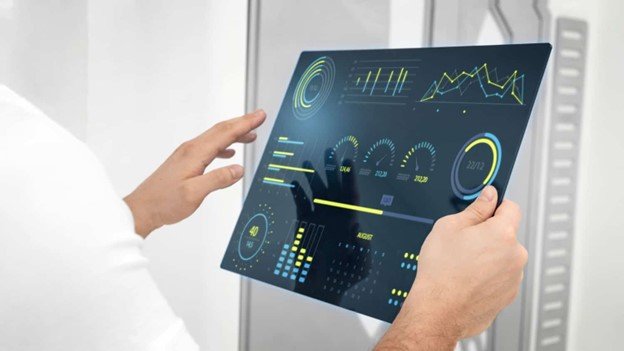How Technology Is Shaping the Future of Retail
Technology is reshaping retail in significant ways. E-commerce is expanding, offering consumers new shopping habits. Mobile payments streamline transactions, enhancing convenience. Meanwhile, artificial intelligence enables personalized marketing and efficient inventory management. Augmented reality transforms the in-store experience, allowing deeper product engagement. As these trends continue to evolve, retailers must adapt to meet changing consumer expectations. The implications for the future of retail are profound and warrant closer examination.
The Rise of E-Commerce and Online Shopping
As consumers increasingly turn to digital platforms for their shopping needs, the rise of e-commerce has fundamentally reshaped the retail landscape.
Subscription services have gained popularity, reflecting shifting consumer behavior towards convenience and personalization.
This trend underscores a desire for flexibility and choice, enabling consumers to curate their shopping experiences while retailers adapt to meet these evolving preferences, ensuring competitive advantages in a digital marketplace.
See also: How Augmented Reality Is Transforming Retail Experiences
Mobile Payment Solutions and Contactless Transactions
While traditional payment methods still hold a place in retail, the rapid adoption of mobile payment solutions and contactless transactions signifies a transformative shift in consumer behavior.
Digital wallets facilitate seamless transactions, empowering consumers with convenience and speed.
This evolution not only enhances the shopping experience but also emphasizes payment security, addressing growing concerns over data protection in an increasingly digital landscape.
The Role of Artificial Intelligence in Retail
Artificial intelligence is revolutionizing retail by transforming how businesses interact with customers and manage operations.
Through personalized marketing, AI analyzes consumer behavior, enabling tailored promotions that enhance customer engagement and loyalty.
Additionally, advanced algorithms optimize inventory management, predicting demand and minimizing waste.
This synergy not only empowers retailers to operate more efficiently but also fosters a more satisfying shopping experience for consumers seeking freedom in their choices.
Augmented Reality and the In-Store Experience
Frequently, retailers are turning to augmented reality (AR) to enhance the in-store experience, bridging the gap between digital and physical shopping.
This technology facilitates virtual fitting and creates immersive experiences that empower consumers to interact with products like never before.
As AR becomes more integrated, it not only captivates shoppers but also fosters a sense of autonomy in their buying decisions.
Conclusion
In conclusion, the dynamic developments in technology are decisively defining the future of retail. E-commerce’s exponential expansion, coupled with seamless mobile payment solutions, is reshaping shopping experiences. Furthermore, the strategic implementation of artificial intelligence and augmented reality is revolutionizing retail operations. As consumer expectations evolve, retailers must embrace these transformative trends to craft captivating, customized experiences. Ultimately, the fusion of innovation and insight will forge a formidable foundation for the future of retail, ensuring sustained success.





